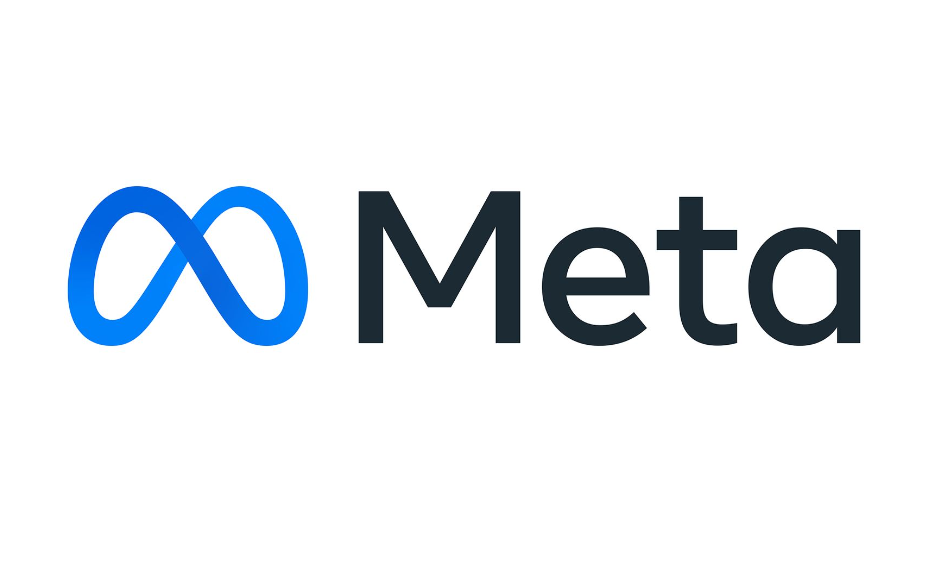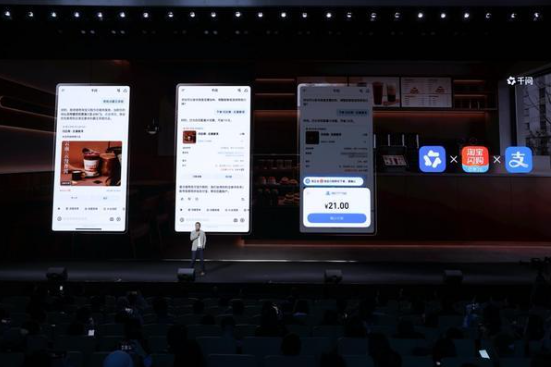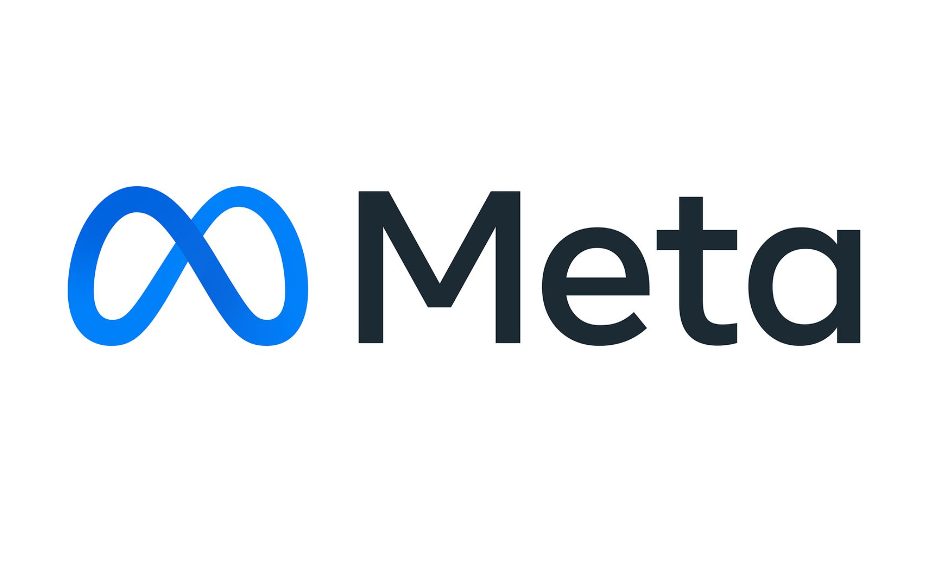Meta Tests Proactive AI Chatbots to Boost Engagement
Meta Explores Proactive AI Chatbots to Drive User Engagement
Tech giant Meta is trialing a groundbreaking feature for its AI chatbots, allowing them to send unsolicited messages to users—a move designed to increase engagement and solidify its position in the generative AI market. The project, internally codenamed "Omni," leverages advanced training materials developed in collaboration with data provider Alignerr.
How the Feature Works
The proactive messaging capability is built into chatbots created via Meta AI Studio, a platform launched in 2024 that lets users design custom digital assistants with memory and tailored behaviors. These bots can now review past conversations or pose follow-up questions (e.g., "Hope you're having a great day! Did you discover any new favorite music?") to sustain dialogue.

Strict Safeguards in Place
To prevent spam, Meta imposes rigorous constraints:
- Bots may only message users who have sent at least five messages within 14 days.
- Only one follow-up message is permitted; if unanswered, the conversation terminates.
- Content avoids controversial topics, prioritizing relevance and friendliness, as verified by Alignerr freelancers using Meta's internal SRT evaluation tool.
Strategic Goals
CEO Mark Zuckerberg has framed such digital assistants as tools to combat loneliness, though Meta acknowledges their limitations. Financially, the company projects its generative AI products could generate $2B–$3B annually by 2025. Proactive messaging aims to extend user chat time, thereby increasing platform value.
Challenges Ahead
While testing continues (some features remain internal), Meta faces hurdles:
- User retention: Prolonged bot interactions risk negative outcomes, as seen with lawsuits against competitors like Character.AI.
- Transparency: Meta declined to specify which features are publicly available.
Key Points
- 🔍 Project Omni: Enables AI chatbots to message users unprompted.
- ⏱️ Usage limits: Strict criteria govern when/how bots can initiate chats.
- 💰 Revenue potential: Expected to contribute billions by 2025.
- ⚠️ Risks: Overuse could lead to user fatigue or legal issues.


